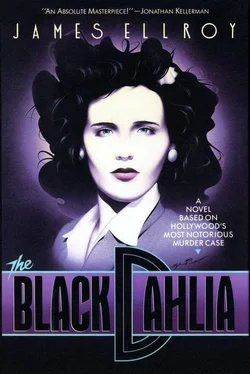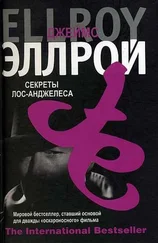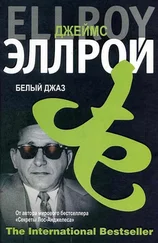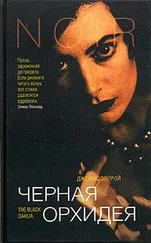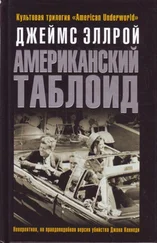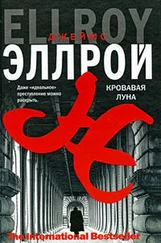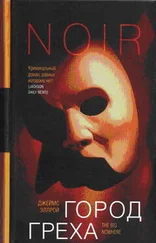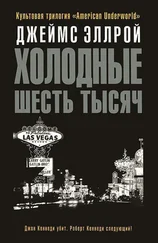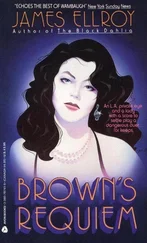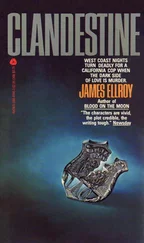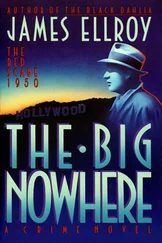When she told Georgie of the beating, he told her of saving the coward Emmett’s life in the war — putting the lie to Emmett’s version of the story: that he saved Georgie. She started planning her pageants then — how she would get back at Emmett symbolically in ways so subtle that he would never know he was being thrashed.
Madeleine cleaved to Emmett. She was the lovely child, and he doted on her. Martha became her mother’s little girl — even though she was Emmett’s spitting image. Emmett and Madeleine disdained Martha as a fatso and a crybaby; Ramona protected her, teaching her to draw, putting her to bed each night with admonishings not to hate her sister and father — even though she did. Protecting Martha and instructing her in the love of art became her reason for living, her strength in the intolerable marriage.
When Maddy was eleven, Emmett noted her resemblance to Georgie, and slashed her real father’s face beyond recognition. Ramona fell in love with Georgie; he was now even more physically bereft than she — and she felt a parity had been achieved between them.
Georgie rebuffed her persistent advances. She came across Hugo’s The Man Who Laughs then, and was moved by both the Comprachicos and their disfigured victims. She bought the Yannantuono painting and kept it hidden, staring at it as a memento of Georgie in her private hours.
When Maddy hit her teens she became promiscuous, sharing the details with Emmett, cuddling on the bed with him. Martha drew obscene pictures of the sister she hated; Ramona forced her to draw pastoral landscapes to keep her anger from going haywire. To get back at Emmett she staged her long-planned pageants; they spoke obliquely of his greed and cowardice. Toy houses falling down signified Emmett’s jerry-built shacks crashing in the ’33 earthquake; children hiding under store mannequins dressed in ersatz German uniforms portrayed Emmett the yellow. A number of parents found the pageants disturbing, and forbade their children to play with the Sprague girls. Around that time Georgie drifted out of their lives, doing his yard work and rubbish hauling, living in Emmett’s abandoned houses.
Time passed. She concentrated on looking after Martha, pressing her to finish high school early, establishing funds at Otis Art Institute so that she would get special treatment. Martha thrived and excelled at Otis; Ramona lived through her accomplishments, on and off sedatives, often thinking of Georgie — missing him, wanting him.
Then, in the fall of ’46, Georgie returned. She overheard him make his blackmail demand of Emmett: “Give him” the girl in the dirty movie, or risk exposure of a good deal of the family’s sordid past and present.
She became frighteningly jealous and hateful of “that girl,” and when Elizabeth Short showed up at the Sprague house on January 12, 1947, her rage exploded. “That girl” looked so much like Madeleine that it felt like the cruelest of jokes was being played on her. When Elizabeth and Georgie left in his truck, she saw that Martha had gone to her room to pack for her Palm Springs trip. She left a note on her door saying goodbye, that she was sleeping now. Then she casually asked Emmett where “that girl” and Georgie were going.
He told her he heard Georgie mention one of his abandoneds up on North Beachwood. She went out the backdoor, grabbed their spare Packard, sped to Hollywoodland and waited. Georgie and the girl arrived at the base of the Mount Lee park area a few minutes later. She followed them on foot to the shack in the woods. They went inside; she saw a light go on. It cast shadows over a shiny wood object leaning against a tree trunk — a baseball bat. When she heard the girl giggle, “Did you get those scars in the war?” she went in the door, bat first.
Elizabeth Short tried to run. She knocked her unconscious and made Georgie strip her and gag her and tie her to the mattress. She promised him parts of the girl to keep forever. She took a copy of The Man Who Laughs from her purse and read aloud from it, casting occasional glances at the girl spread-eagled. Then she cut her and burned her and batted her and wrote in the notebook she always carried while the girl was passed out from the pain. Georgie watched, and together they shouted the chants of the Comprachicos. And after two full days of it, she slashed Elizabeth Short ear to ear like Gwynplain, so she wouldn’t hate her after she was dead. Georgie cut the body in two, washed the halves in the stream outside the shack and carried them to her car. Late at night, they drove to 39th and Norton — a lot that Georgie used to tend for the city. They left Elizabeth Short there to become the Black Dahlia, then she drove Georgie back to his truck and returned to Emmett and Madeleine, telling them that soon enough they would find out where she had been and finally respect her will. As an act of purging, she sold her Gwynplain painting to the bargain-loving art worshipper Eldridge Chambers down the street — making a profit on the deal. Then it was days and weeks of the horror that Martha would find out and hate her — and more and more laudanum and codeine and sleep potion to make it go away.
I was looking at a row of framed magazine ads — award-winning Martha artwork — when Ramona stopped talking. The silence jarred me; her story rolled on in my head, back and forth in sequence. The room was cool — but I was sweating.
Martha’s 1948 Advertising Council first prizer featured a handsome guy in a seersucker suit walking on the beach, ogling a blonde dish sunbathing. He was so oblivious to everything else around him that he was about to get creamed by a big wave. The caption at the top of the page read: “Not to worry! In his Hart, Shaffner & Marx Featherweight he’ll be dried out and crisp — and ready to woo her at the club tonight!” The dish was sleek. Her features were Martha’s — a soft, pretty version. The Sprague mansion was in the background, surrounded by palm trees.
Ramona broke the silence. “What are you going to do?”
I couldn’t look at her. “I don’t know.”
“Martha mustn’t know.”
“You told me that already.”
The guy in the ad was starting to look like an idealized Emmett — the Scotchman as a Hollywood pretty boy. I threw out the one cop question Ramona’s story inspired: “In the fall of ’46 someone was throwing dead cats into cemeteries in Hollywood. Was that you?”
“Yes. I was so jealous of her then, and I just wanted Georgie to know I still cared. What are you going to do?”
“I don’t know. Go upstairs, Ramona. Leave me alone.”
I heard soft footfalls moving out of the room, then sobs, then nothing. I thought about the family’s united front to save Ramona, how arresting her would blow my police career: charges of withholding evidence, obstruction of justice. Sprague money would keep her out of the gas chamber, she’d get eaten alive at Atascadero or a women’s prison until the lupus got her, Martha would be ravaged, and Emmett and Madeleine would still have each other — withholding/obstruction beefs against them would be too second-hand to prosecute on. If I took Ramona in I was shot to shit as a policeman; if I let her go I was finished as a man, and in either case Emmett and Madeleine would survive — together.
So the patented Bucky Bleichert advance, stymied and stalemated, sat still in a big plush room full of ancestor icons. I looked through the packing crates on the floor — the Sprague getaway if the City Council got uppity — and saw the cheap cocktail dresses and the sketch pad covered with women’s faces, no doubt Martha sketching alter egos to plaster over ads huckstering toothpaste and cosmetics and cornflakes. Maybe she could design an advertising campaign to spring Ramona from Tehachapi. Maybe without torturer Mommy she wouldn’t have the guts to work anymore.
Читать дальше
